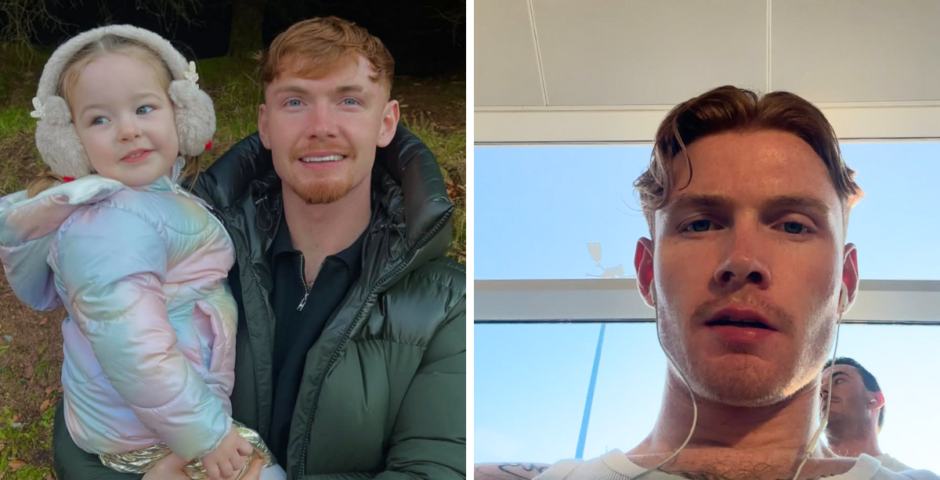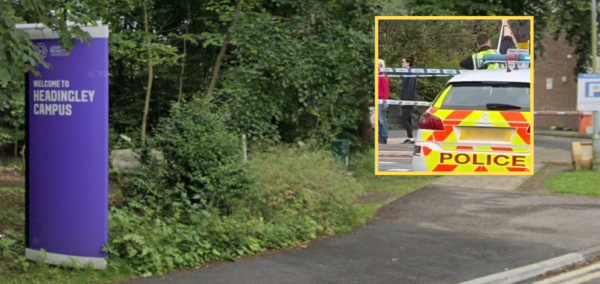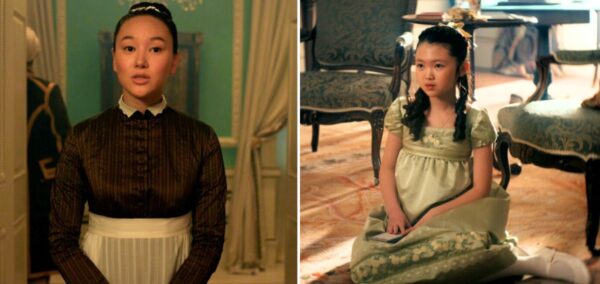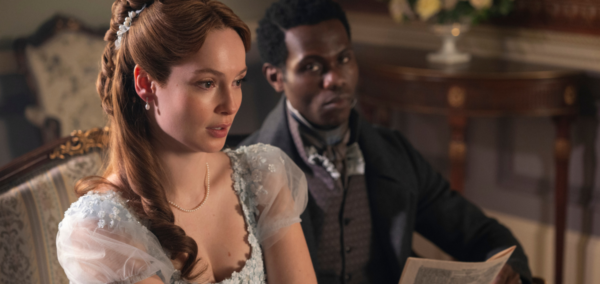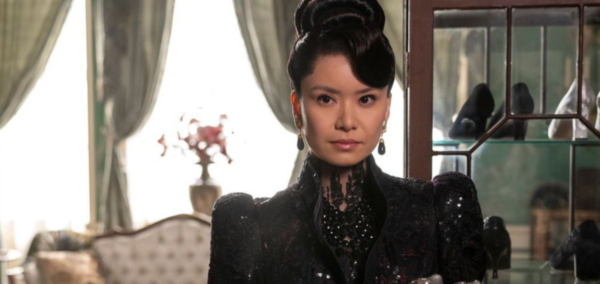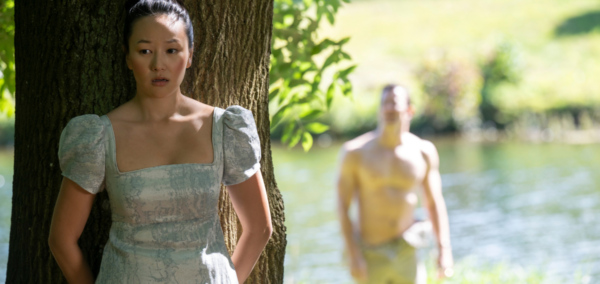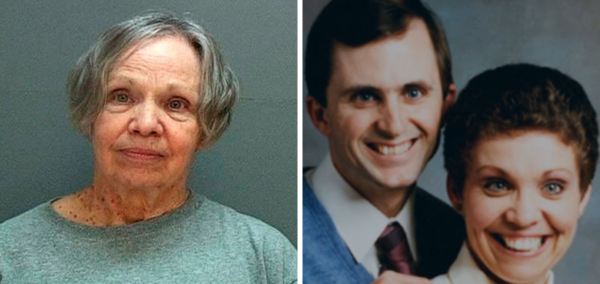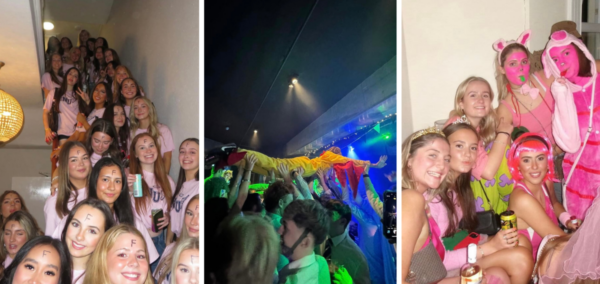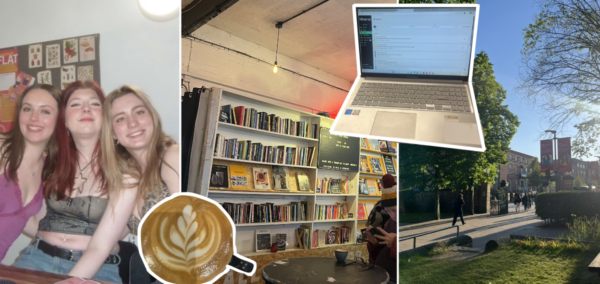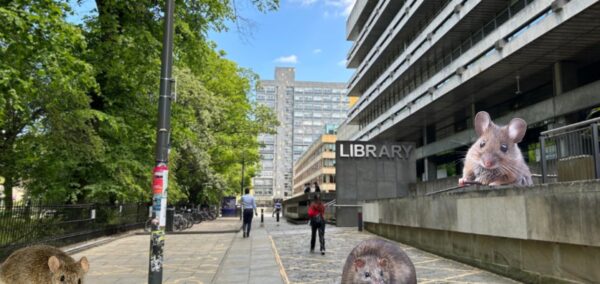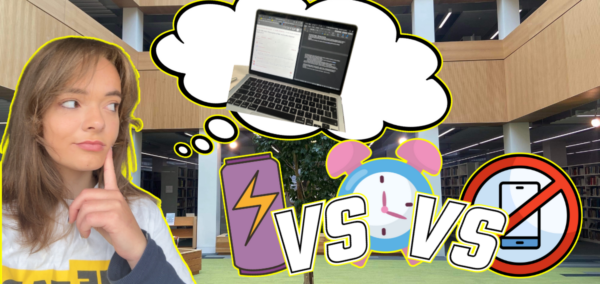
Leeds’ Feminist Society condemns crossbow attack amidst rising misogyny concerns
‘We implore local councils and the government to take violence against women more seriously’
The University of Leeds’ Feminist Society has condemned the Otley Road crossbow attack amidst rising misogyny concerns.
The society spoke about the “wholly unacceptable” attack which left two women, aged 19 and 31, seriously injured. The 19-year-old woman underwent emergency treatment for her injuries, with both women later discharged from hospital.
Owen Lawrence, the suspected attacker, died from self-inflicted wounds caused by an airgun. Hours before the incident, an account, which appears to belong to Lawrence, posted a hate-filled manifesto that labelled “misogynistic rage” as one of the motivations for what the post’s writer describes as a “killing spree”.
In a statement to The Leeds Tab, the University of Leeds’ Feminist Society said: “We believe [the attack] was motivated by misogyny and was an act of violence against women.
“This is wholly unacceptable, and we implore local councils and the government to take violence against women more seriously and take action against those spreading hateful messages in the hopes of preventing future attacks like this.
“As always, creating a safe environment for everyone is our priority, and we hope everyone affected by the attack can feel safe again.”
The attack occurred whilst people were taking part in the popular Otley Run pub crawl, which passes through the busy student area of Headingley.
The BBC reports that Dr Anna Kruglova, a lecturer in terrorism studies from the University of Salford, has raised concerns about a rise in “misogynistic violence”.
She said: “It is a random attack in the sense that it can happen anywhere. You have disenfranchised, upset and hateful people. So unfortunately it could have happened in any corner of the UK or elsewhere.
Most Read
“But it’s hard to estimate the level of threat. It’s not an organised phenomenon. It’s a lone-wolf attack. It’s not something that is inspired by a particular organisation.”
Anna studies the “manosphere”. The “manosphere” is used to describe online communities that promote hateful ideas about women, trans and non-binary people, as well as spreading anti-feminism and misogyny.
She said: “The manosphere is not an organised movement. That’s kind of a loose group of people who are hating women and some of them, not all of them, will be willing to take this further and become violent.
“There’s been a growing body of research and interest from all kinds of communities, practitioners and governments looking into this.
“So it does seem like gender-based violence, misogynistic violence is growing, or has become more and more concerning in the last few years.”
Psychologist Leona Deakin, who started her career with West Yorkshire Police, said it is easy to minimise these notions as “silly”, until they evolve into violent realities.
She continued: “If we’re not in a community, or close to a community and their beliefs, then it’s easy to think it’s a small group of people being a bit silly until something like this happens. Then that makes us all take a closer look.
“There is a community out there for men who feel they are isolated or rejected by society and more immediately by women and girls.”
Some of these men may call themselves “incels”. This term stands for “involuntarily celibate”.

via Canva
Explaining why such an ideology may be attractive for certain men, Leona said: “There is a theory in that community that 80 per cent of women are only attracted to about 20 per cent of men, and those men are highly attractive and usually very wealthy.
“So if you’re a young man who sees himself as not so attractive, and doesn’t have much money or the capacity to earn much money, then you start to feel quite aggrieved.
“And social media is like an echo chamber, so you find one person who agrees with your sense of isolation and frustration, and then you find a dozen of them and then hundreds of them and that has a huge validation impact on the human brain.
“We start to think we must be right because everyone I’m talking to online agrees with me, so this must be correct.”
Anna added that incels are not usually violent, but are instead suffering from very low self-esteem and mental health problems: “It’s more of a psychological and personal problem.”
She said many of these people do not need referrals to Prevent, the government’s anti-terrorism organisation, or to be interviewed by police.
Instead, they need: “Someone to share their concerns and pain and problems and be listened to and probably be shown the situation is not as dire as they see it. But then unfortunately there is also someone who is willing to take it further and use violence as a way to address their issues.”
A government report by the Commission for Countering Extremism, “Predicting harm among incels (involuntary celibates)”, revealed that men in this category were in greater need of mental health support than counter terrorism interventions.
Studying 561 men, the report concluded there was a likelihood of tens of thousands of incels globally.
Overall, these men comprise a “relatively small proportion” of cases referred to Prevent, accounting for 77 in total, or 1.2 per cent.
In Leona’s view, then, a solution is found through society, rather than increased security measures.
She argued better male role models are needed, citing traits like kindness, compassion and emotional intelligence to counter stereotypical ideals of men as “in control” and “wealthy”.
Leona continued: “The family and schools are key places because young, teenage boys, 15/16 is where we need to start the process of avoiding falling down this rabbit hole.
“Role modelling from dads, uncles, big brothers talking about their emotions. Talking about what makes a good relationship, that it is about partnership and love and respect.
“But we need to make sure young boys are robust in the face of disappointment.
“Do your boys understand how to bounce back from disappointment? Do they understand resilience? Do they feel a deep sense of self-worth, do they feel loved for who they are?”
Leeds City Council and the Cabinet Office have not yet responded to a request for comment.
Featured image via TikTok




